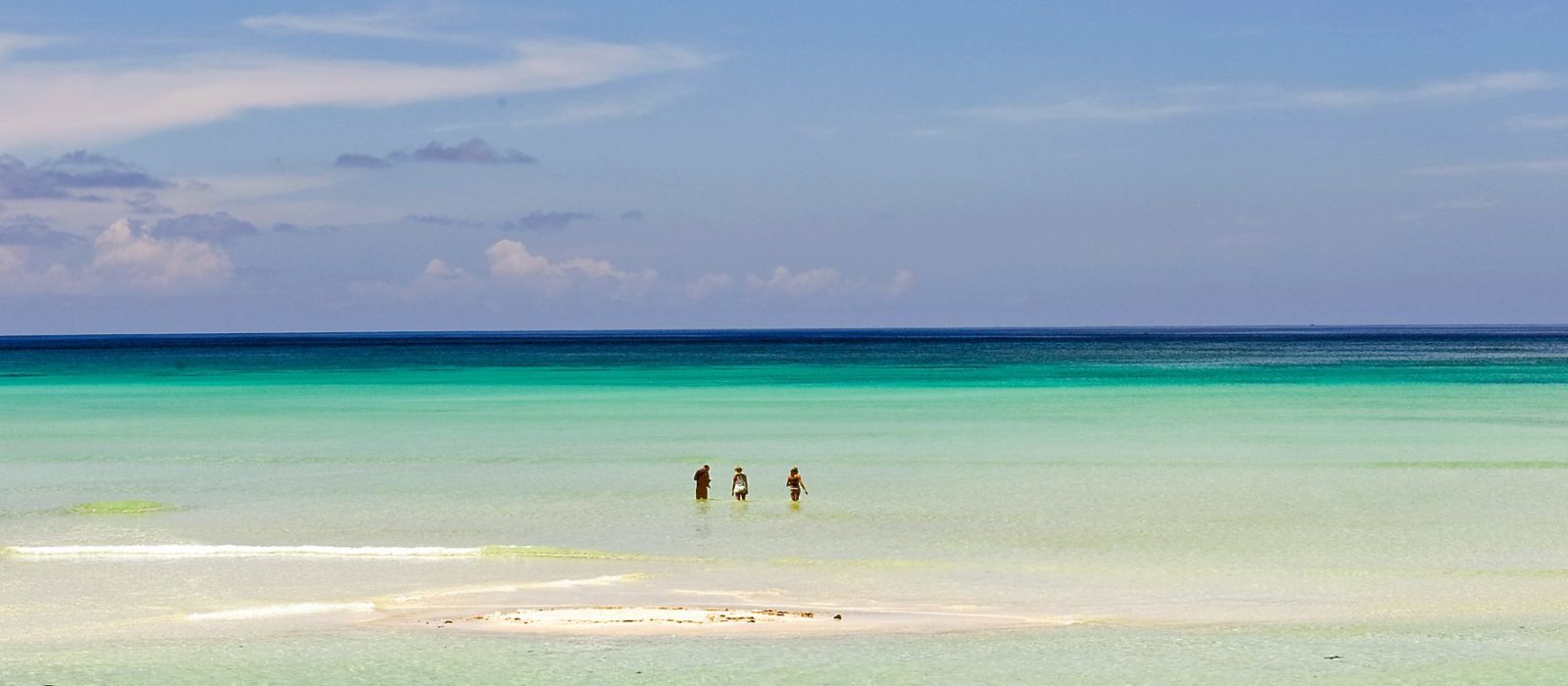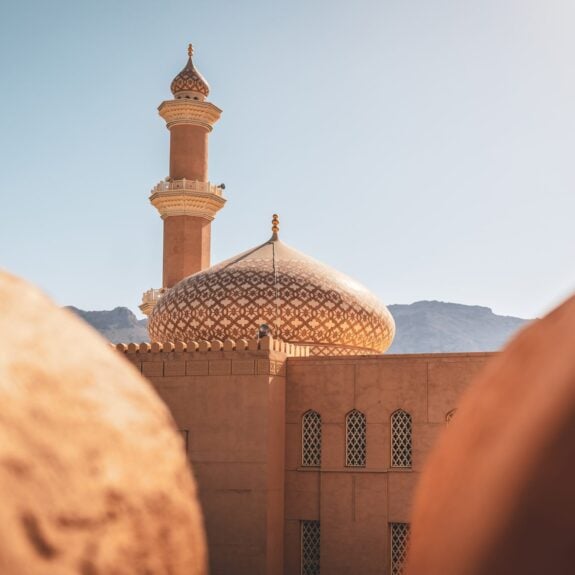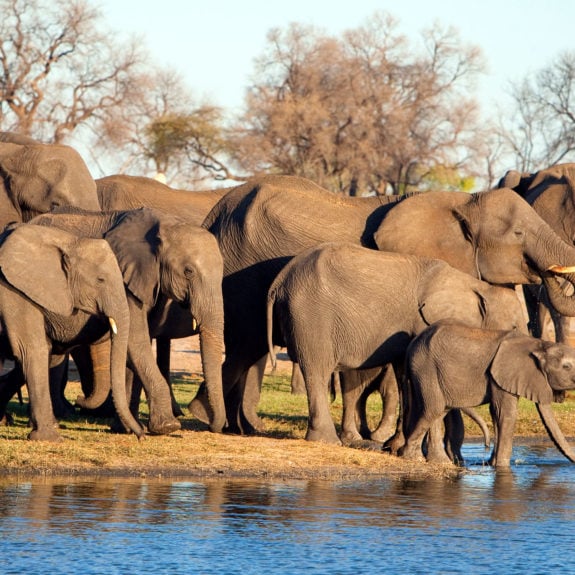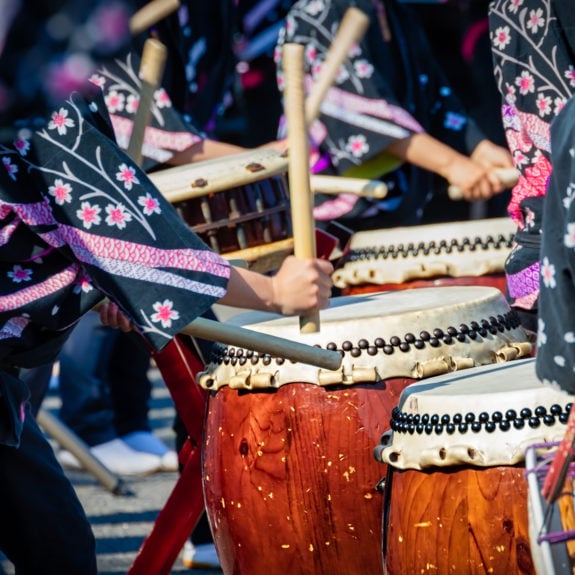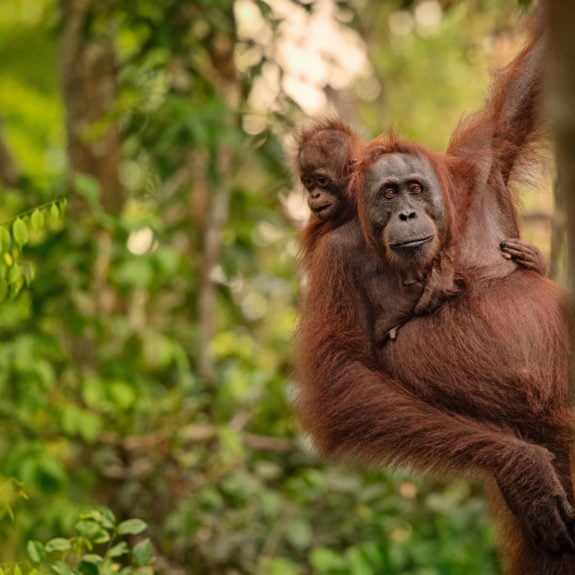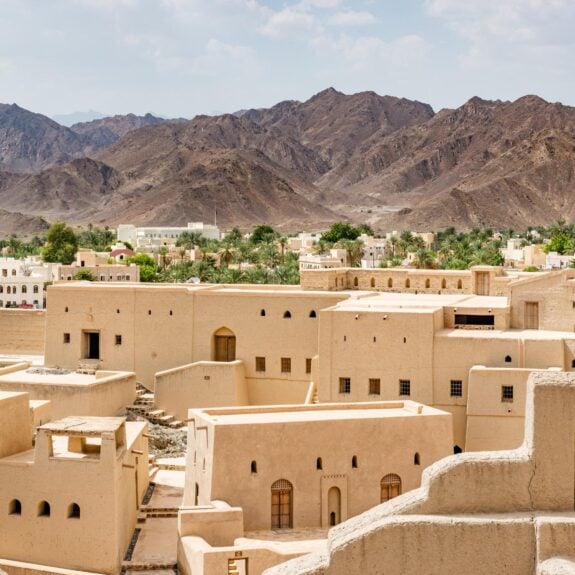Published on: October 21st, 2012
Last modified: August 3rd, 2022
Our frequently asked questions about travel to Mozambique. If you have any other questions, please contact your travel designer or concierge.
Domestic flights – weight restrictions
Please note that when packing for your trip to Africa, it is extremely important to note that there are strict weight restrictions enforced by the airlines. This is to ensure the safety and comfort of all passengers on board. Light aircraft are designed with a maximum body weight and luggage weight allowance in mind, and are limited to physical space restrictions.
Important: Max luggage allowance on your light aircraft flight to Maputo, Vilanculos and the Beira region is 20kg/44lbs (including camera equipment and hand luggage). Luggage must be in soft bags, with no wheels or hard aspects, as needs to pack in to small undercarriages of light aircrafts. There is a restriction of 15kgs (33lbs) per person on flights in the Pemba region.
Please inform us in advance if anyone travelling has an individual weight of more than 100kgs (220lbs) as additional weight allowance on the aircraft must be purchased for safety and comfort.
On ALL light aircrafts, only one soft bag per person will be accepted – no hard suitcases, as they cannot physically fit in the aircraft. The most efficient bags are soft, non-rigid bags with no wheels. Some airlines also impose luggage size restrictions – these can be found in the information to follow.
These luggage restrictions may sound very limiting, but bear in mind the following:
– Most safari camps / lodges and hotels provide basic toilet amenities
– Laundry can be done on a daily basis (and many camps provide this service free of charge but hotels do charge a nominal fee)
If you wish to bring additional luggage with you that exceeds the allotted weight restrictions for one person, you may choose to purchase another seat.
Helicopter transfers
The transfer times vary depending on which lodge you are confirmed at, however all helicopters have a strict luggage allowance of 15 kgs (33lbs) per person in a soft bag.
Do I need any vaccinations before I go away to Mozambique?
Please seek professional medical advice and recheck close to the date of travel as the situation may change. There is no risk of yellow fever in this country, however it is very important that if you have recently travelled to a country where yellow fever is prevalent (or if this forms part of your itinerary with us) you will need to show your yellow fever certificate on arrival in Mozambique (otherwise you may be denied entry). What is recommended for all is that you ensure you are up to date with hepatitis A and B, typhoid and routine immunisations – specifically tetanus-diphtheria, measles-mumps-rubella, polio, and varicella.
Do I need to take malaria tablets?
Malaria is prevalent throughout Mozambique and therefore we do recommend you bring malaria tablets with you. Check with your medical advisor about the areas you are going to confirm the risk in the area you will be travelling. We recommend you bring some mosquito spray.
Do I need to get a visa?
To enter Mozambique visas are currently required by citizens of the EU, US, Canada, Singapore, Hong Kong and the UAE. This can always change, and you should check with your local embassy before travel. Mozambican Immigration may issue one-entry visas at country points of entry, including airports, particularly if you are arriving from a country without a Mozambican consulate or embassy. However, this is never guaranteed. For this reason, all travelers recommended to obtain a visa prior to arrival. If your itinerary crosses into other countries, please bear in mind that you may need also need visas for these.
Please also ensure that you have sufficient blank visa pages (not endorsement pages) in your passport, with at least two consecutive/side-by-side blank pages. Our recommendation is three pages (or even four if you are travelling through more than one country on your journey). If there is insufficient space in your passport then entry into a country could be denied. It is also important that your passport if valid for at least six months after your intended departure.
Should I bring travellers cheques?
Travellers’ cheques are widely accepted in Mozambique however you will also be able to use your credit card for any additional services you may require during your stay.
Which currency should I bring?
The local currency is called the Metical but the US Dollar and South African Rand are widely accepted. We do recommend bringing a bit of cash for smaller purchases, preferably US. There are no restrictions on the import of foreign currency, however, the import and export of local currency is not allowed. Your total daily expenditure can be reckoned on 30% cash and 70% card payments.
Banks in Mozambique are open Monday to Friday: 07:30 – 15:30
Laundry
Most camps and lodges have laundry facilities, provided you have sufficient time to allow for drying and ironing. Some properties charge a nominal fee for this (some include it). As laundry in lodges is generally done by hand, we suggest that you wash your own underwear.
Electrical plugs in Africa
There is a huge variation in the type of plug socket in use in Africa and it is best to be armed with a universal adaptor. Most sockets tend to be in the two pin smaller style but you will also find the larger three-pin socket in South Africa.
Travel insurance
It is vital that you take out valid comprehensive travel insurance that covers medical repatriation, cancellation and curtailment for you trip to Africa. This gives you peace of mind that you will not lose money should you be forced to cancel your trip due to illness before you travel or during your vacation.
Please ensure that your insurance covers you for medical evacuation and repatriation both internationally and locally, and we could advise that your policy covers loss and theft of your possessions.
It is your responsibility to ensure that your travel insurance covers you for all aspects of your vacation. You must ensure that you will be covered for activities such as walking, rafting, canoeing and horse riding.
Remember to carry your insurance details with you at all times.
